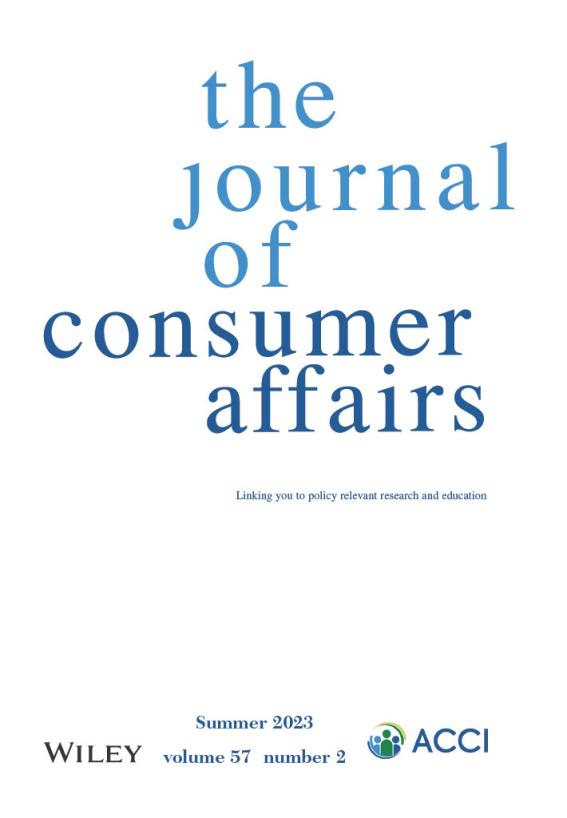Faculty Research: Marketing Faculty Focus on Mindfulness
October 11, 2023
In the field of marketing, professionals tend to focus on convincing audiences to buy products or services. However, some researchers in the field are considering how marketers can impact the consumer’s well-being beyond their use of a product or service.
Marketing professors Elizabeth Miller and George Milne, alongside Isenberg Affiliate Expert Shalini Bahl, served on the editorial review board of the summer 2023 special issue of the Journal of Consumer Affairs: “Mindfulness and Consumer Well-Being.”
“Mindfulness is an important topic in marketing and in business and is an example of where academic research can help improve consumers’ well-being and lives,” says Milne, who played a large role in the representation of Isenberg in the publication. The special issue also featured two research articles, one by Bahl, Milne, and Kunal Swani, a 2014 graduate of the PhD doctoral program, and one by Kyungin Ryu, a marketing PhD candidate.

Summer 2023 edition
The introductory article to the special issue, titled, “Expanding consumer mindfulness for collective sustainable well-being: Overview of the special issue and future research directions,” was authored by Bahl, Milne, and Miller. The trio highlights mindfulness and its current impact on consumer behavior both in and outside of the marketplace by discussing consumption habits and behaviors that are posing significant challenges in the well-being of consumers and the ecosystem at-large. The article also addresses positive future implications of research on mindfulness in marketing, including the broadening of focus from the individual and the now to collective consumption and the future.
The issue continues with Bahl, Milne, and Swani’s work, “An expanded mindful mindset: The role of different skills in stress reduction and life satisfaction,” which dives deeper into the establishment and implementation of mindfulness skills in the life of the consumer. “Awareness, compassion for others, self-compassion, curiosity, energy, gratitude, inner calm, focus, and discernment,” were quoted as the nine mindfulness skills necessary to achieve the mindful mindset addressed in the article. The application of these skills in the life of the consumer is dependent on the context and values of each individual consumer.
Ryu’s “The importance of language: A comparison of consumer and academic definitions of mindfulness” caps off Isenberg’s written contributions to the publication, as the marketing PhD candidate looks at the differences in definitions of key mindfulness terminology in both academic and consumer contexts. From here, Ryu composed an academic mindfulness dictionary and a consumer mindfulness dictionary, which were each compared to the application of mindfulness definitions in marketing contexts. While the academic dictionary focused on the process, the consumer dictionary was centered around the result. The article also discusses McMindfulness, the vulnerability brought on by marketing communications and their impact on consumer behaviors and well-being.
To read more, please visit:
- "Expanding consumer mindfulness for collective sustainable well-being: Overview of the special issue and future research directions"
- "An expanded mindful mindset: The role of different skills in stress reduction and life satisfaction"
- "The importance of language: A comparison of consumer and academic definitions of mindfulness"